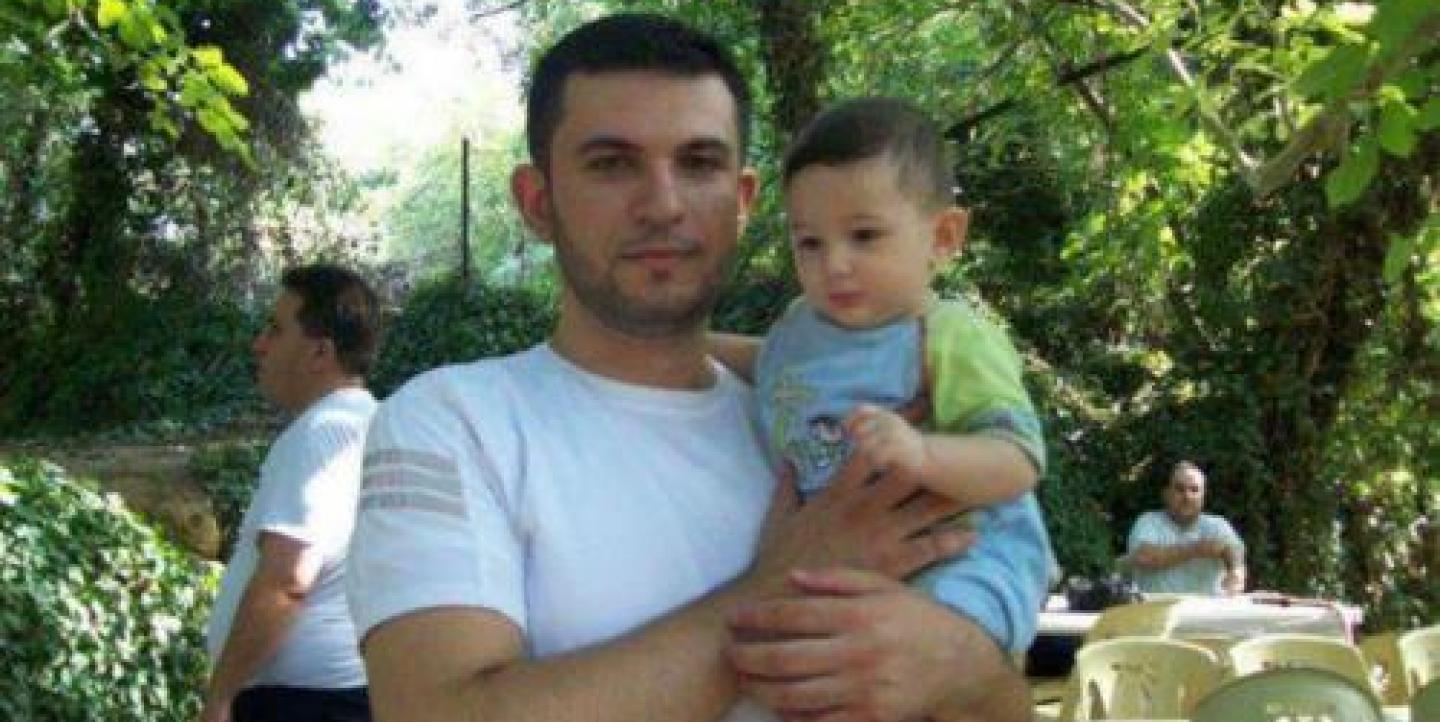The new journalism project Faces of the Fallen aims to humanize the victims of the uprising in Syria.
The project is a crowdsourcing platform that collects images and videos from citizen journalists in Syria and abroad and displays them on a virtual wall.
The wall features portraits of the deceased along with their names, date of birth and the location and date of death. Smiling young children, fathers and teenagers whose lives were cut short by the conflict in their country are all present in this haunting gallery.
The project is part of Middle East Voices, launched in November by Voice of America, which seeks “to redefine how stories in and about the Middle East should be told.”
Faces of the Fallen aims to document as many of the fallen as possible by the first anniversary of the conflict in Syria on March 15, 2012.
“What we are hoping to do is leverage a form of social journalism or social documentation to humanize the loss of life in the Syrian conflict,” Davin Hutchins, managing editor of Middle East Voices told IJNet.
“The ongoing dispute over who has the most accurate figures on the death count miss the broader point that whether it's 7,500 lives or 10,000 lives, the world needs to conceptualize fallen Syrians as individual human beings,” he added.
In addition to civilian casualties, the site hopes to show photos of soldiers, whether they are from the Syrian Armed Forces or “resistance forces” like the Free Syria Army. “A life lost is a life lost,” Hutchins said.
The site's founders plan to continue the effort beyond the anniversary date and tweet the name and photo/video of each new addition to this memorial wall until the conflict ends.
Once the wall is as complete as they can get it, the founders hope to raise awareness among policy makers to “contemplate the faces of those women, children, men and soldiers who have disappeared and are disappearing every day,” Hutchins said.
The site has an Arabic section but the landing page is in English. “The audience for this particular project is Western decision makers--English speakers. A lot of the people who could alter the course of events in Syria (diplomats, heads of state) do not read Arabic,” he pointed out.
On authenticating the information they receive, Hutchins said that they have a few hundred photos and thousands of names provided by “reliable sources.”
For one Middle East Voices project, the site curators cross-referenced one video with another video with different angles of the same event to judge if the video generally depicts what other citizen journalists and wire reporters on the ground are saying.
“You try to get as close to veracity as social media allows without having boots on the ground,” he explained.
Faces of the Fallen was launched a few weeks after Lulu Live another project of Middle East Voices that aims to document protest videos coming from Bahrain. Other country-specific projects are also in the making.
“We will continue experimenting with social journalism events and tools, trying new techniques out," Hutchins said. "We’re looking into Iran as our next geographic focal point.”
Those wishing to submit photos can do so over Twitter by tweeting with the hashtag #facesofthefallen or mentioning @MEVHutch. Those who want to submit anonymously can email syriafacesofthefallen[at]gmail.com or visit Faces of the Fallen.


